Global oil prices surge after Biden fails to secure oil output deal with Saudi Arabia
Oil prices jumped by several percentage points on Monday after US President Joe Biden returned from his Saudi Arabia trip without getting firm assurances from Arab allies to boost crude supplies amid a severe shortage caused by sanctions on Russia.
All major benchmarks were higher on Monday morning, with Brent crude, a benchmark for purchases on global financial markets, rising more than four percent to $105 per barrel, bringing the prices back to above $100 after several months.
On the second leg of his maiden West Asia tour, Biden joined leaders of several OPEC countries in the Saudi port city of Jeddah on Friday for a summit, which was designed to lobby for a boost in oil production by the Persian Gulf periphery states in order to control the turbulence in the global energy market.
The US president, who vowed to make Saudi Arabia a "pariah that they are" during his election campaign in late 2020, was forced into volta-face amid a deeply worsening energy crisis after the US and its allies imposed unprecedented sanctions on Russia.
In Jeddah, Biden was welcomed with a fist-bump by the Saudi de-facto ruler and crown prince Mohammad Bin Salman, the mastermind of the Jamal Khashoggi murder, according to an investigation by the top American spy agency.
Dashing his hopes, the kingdom and its regional allies refused to entertain Biden's demands, forcing him to head back to Washington virtually empty-handed.
Talking to reporters in Jeddah, Biden mainly mentioned energy while describing his meeting with the Saudi crown prince but stopped short of commenting on whether he had received a firm pledge from the Saudi leadership on boosting crude supplies.
“I suspect you won’t see that for another couple weeks. And we’ll see more when we see gas stations start to lower their prices consistent with what they’re paying for the oil," Biden said when asked how long until Americans would see gas prices ease.
Saudi Arabia’s Foreign Minister Adel al-Jubeir rejected the US president’s claims about any agreement or deal between the two sides, saying “it's not about an agreement, it's about the kingdom's longstanding policy of working to ensure that there's an adequate supply of crude oil on the markets.”
"The reality is that you're unlikely to see anything material come out of this visit," Abhi Rajendran, research director at Energy Intelligence, was quoted as saying by Middle East Eye, referring to Biden’s unsuccessful tour to West Asia.
Rajendran also stressed that if Opec or Opec+, a consortium composed of the oil-producing alliance of countries in Opec as well as Russia, decide to increase oil supplies, it will do so without considering US demands.
Gas prices are skyrocketing in the US, hit record highs of more than $5 per gallon on average in mid-June, and currently stand at about $4.58 — up from $3.12 one year ago, according to American Automobile Association (AAA) data.
The surge in energy prices comes as the Biden administration says it is set to reduce oil imports from Russia, and compensate for that from the Arab states.
“President Biden has emphasized the importance of not importing Russian oil, and we will continue to press for it. Biden is sure to try to prevent Russia and China from filling the vacuum in the Middle East,” White House spokesperson Karine Jean-Pierre said at a press briefing.
Biden gets a taste of his own medicine
David Yaghoubian, Professor of History at the California State University (CSU), says Biden is suffering from his own wrong policies toward the world.
“Due to US-sponsored sanctions on some of the world's largest oil producers, Iran, Venezuela, and Russia, President Biden is facing a crisis that is largely of his own making and that of the United States,” Yaghoubian told Press TV in an interview.
President Biden, he said, does not have any vision or plan for the Middle East.
“Therefore, he comes to the Kingdom of Saudi Arabia essentially as a supplicant, with his hand outstretched to plead for increased oil production," he noted.
The oil-rich country’s leadership faces accusations of rampant human rights abuses, especially against religious minorities.
Crown prince Mohammad Bin Salman is accused of ordering the killing of dissident journalist Jamal Khashoggi at the kingdom’s Istanbul consulate in 2018.
Biden faced fierce criticism over his visit to the kingdom. In an open letter before the visit, a coalition of rights groups called on the US president not to go ahead with the trip in the absence of human rights commitments by Riyadh, warning it could encourage “further violations.”
His fist bump with the crown prince on Friday during their first in-person interaction was particularly censured by human rights groups and fellow Democrats.
Iran asks Turkish officials to avoid making incorrect remarks
OPEC+ to raise output for first time since 2022: Report
VIDEO | Reviving Gaza mosque
Grossi stresses IAEA pursues constructive relations with Iran
Editor of Pulitzer Prize-winning US newspaper fired over cartoon deemed ‘antisemitic’
Hamas: Second phase of Gaza ceasefire ‘sole way’ to free Israeli captives
Iran signs into law its free trade deal with EAEU
One dead, several injured as car rams into shoppers in Mannheim: German police


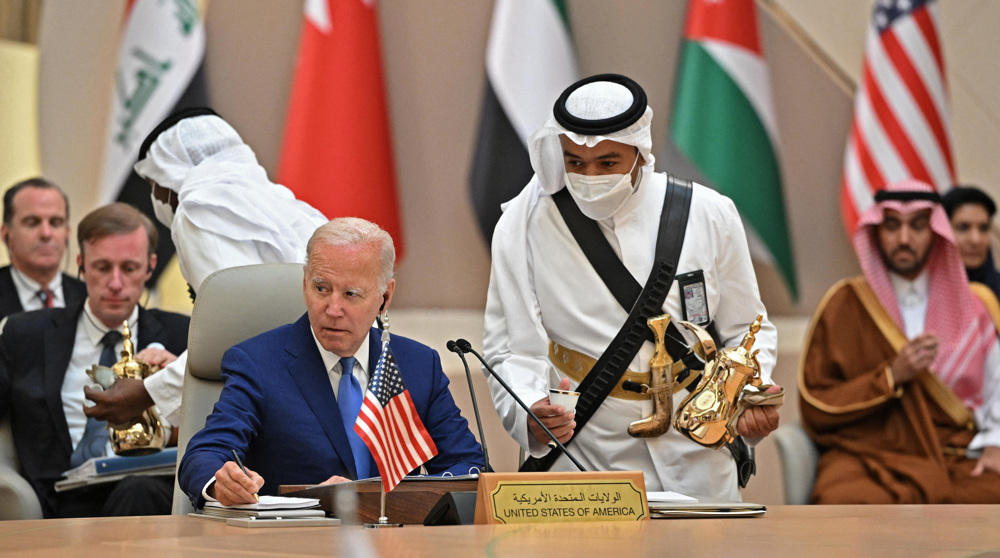
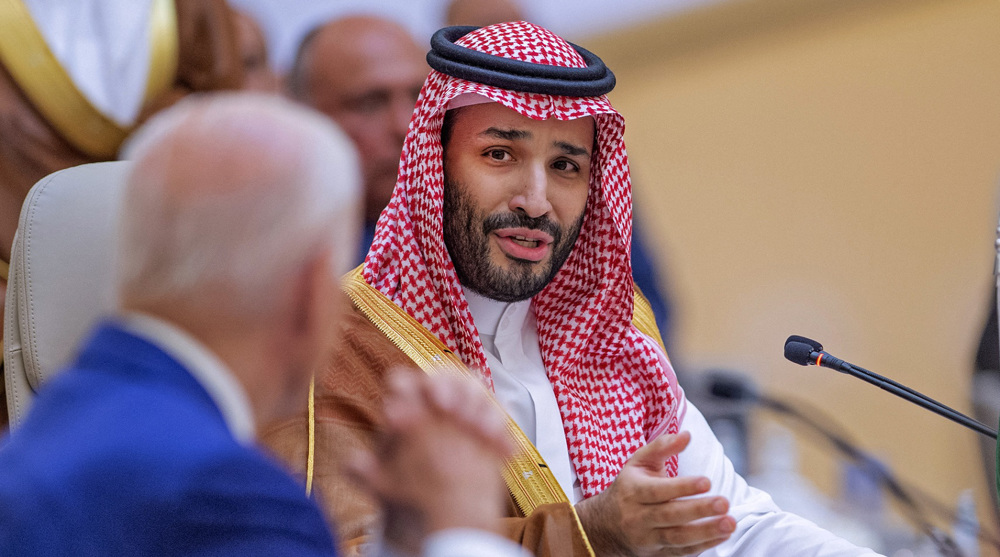
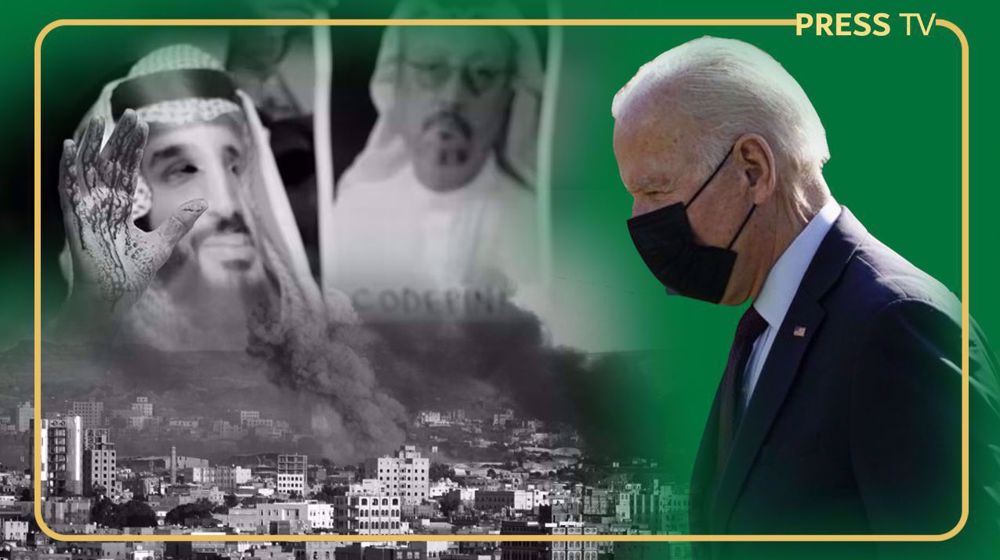
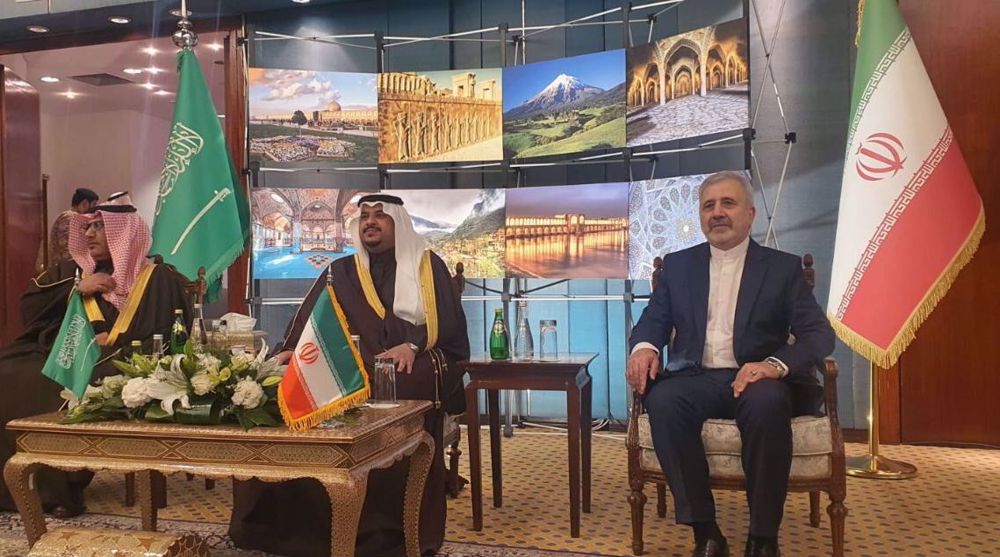
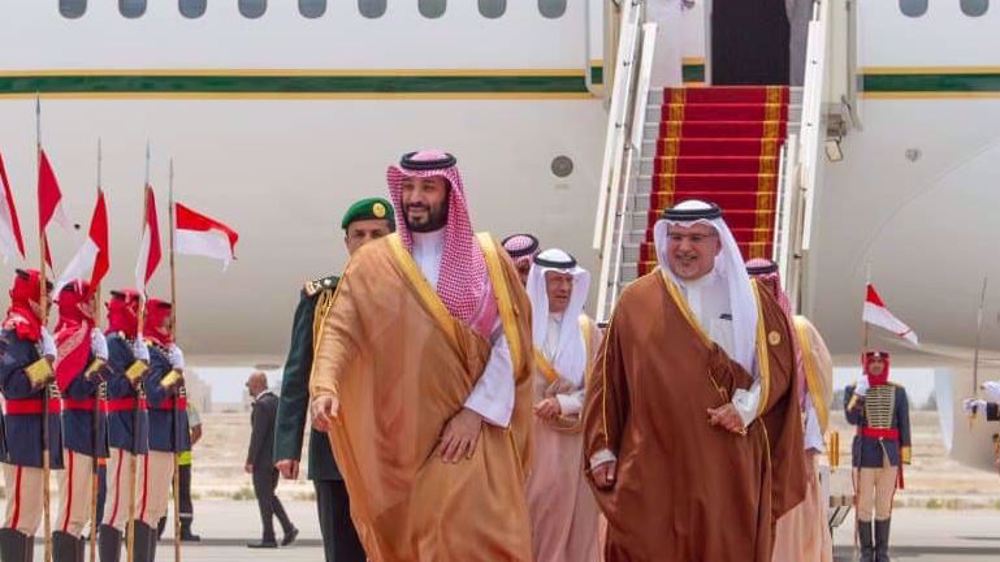
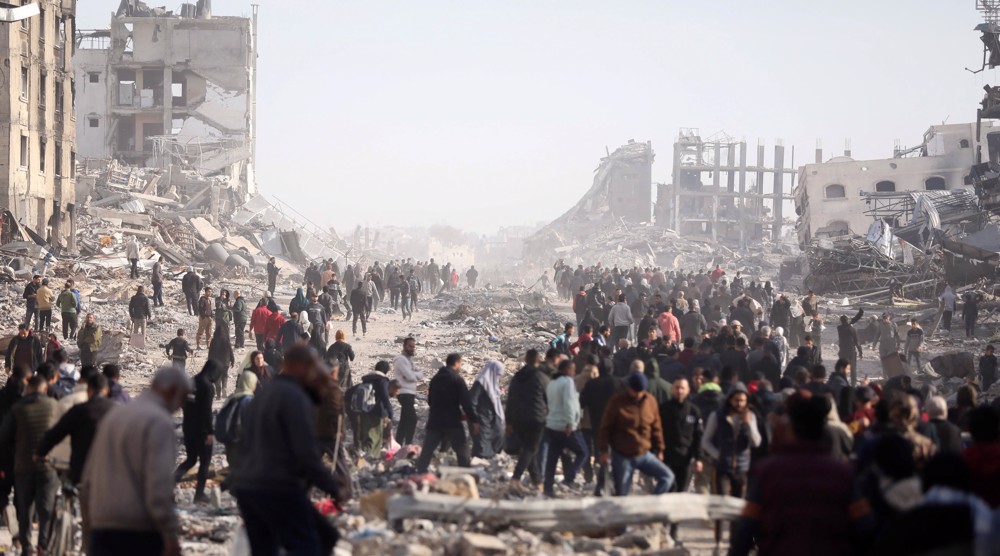




 This makes it easy to access the Press TV website
This makes it easy to access the Press TV website